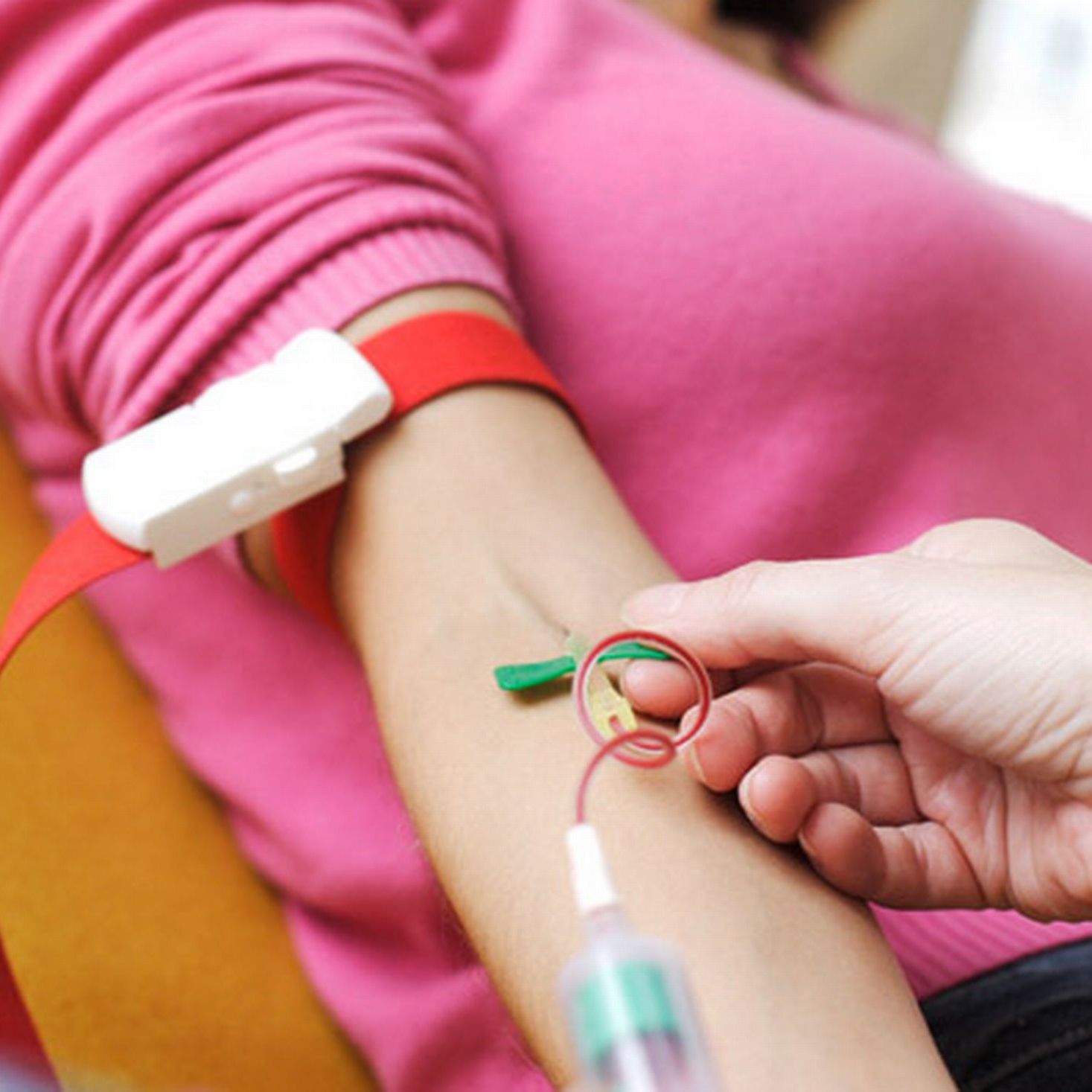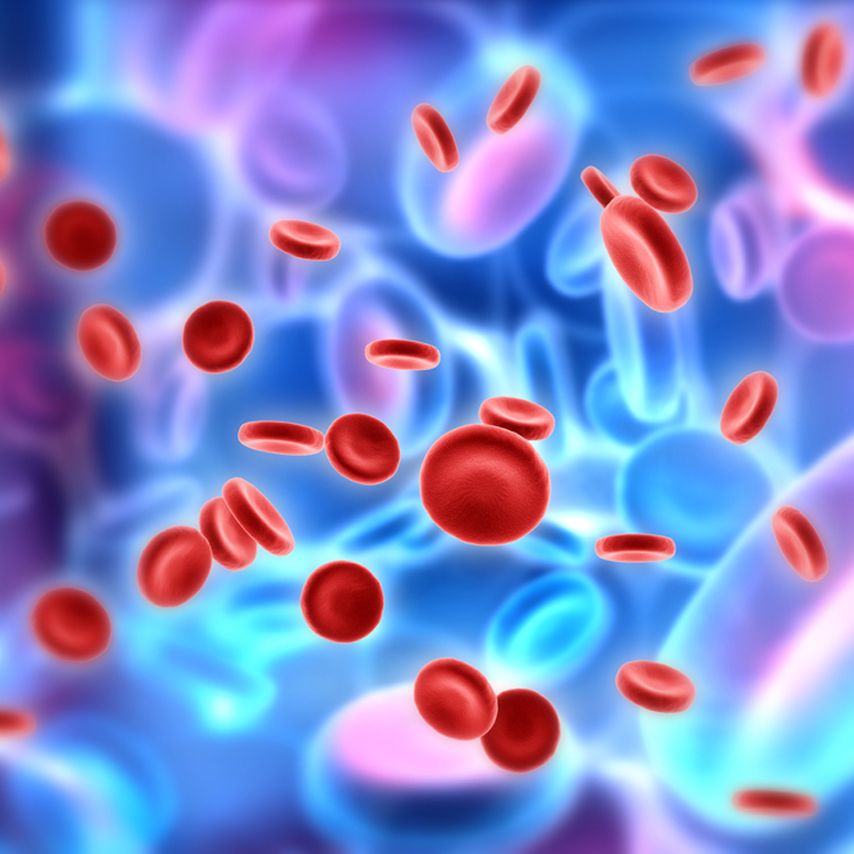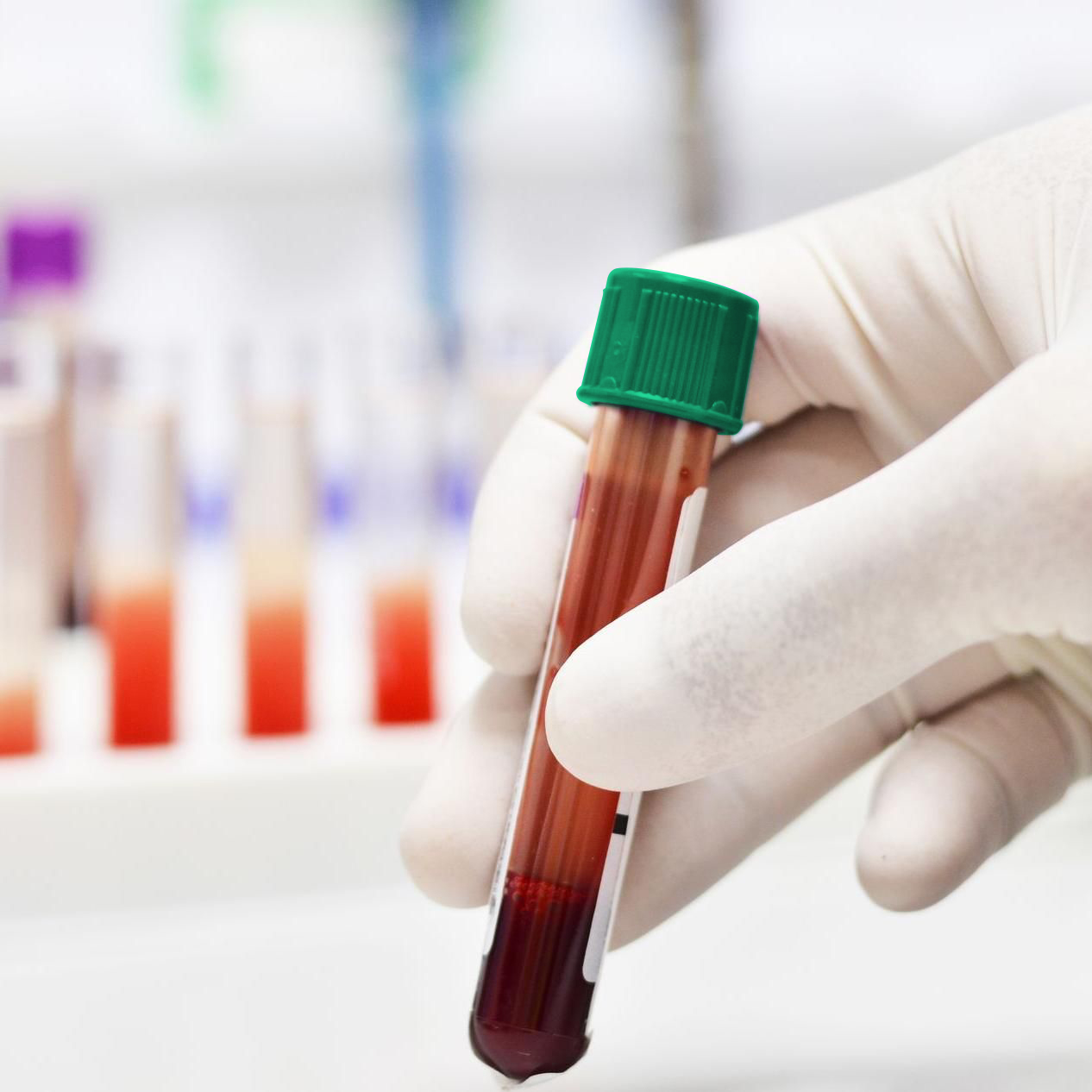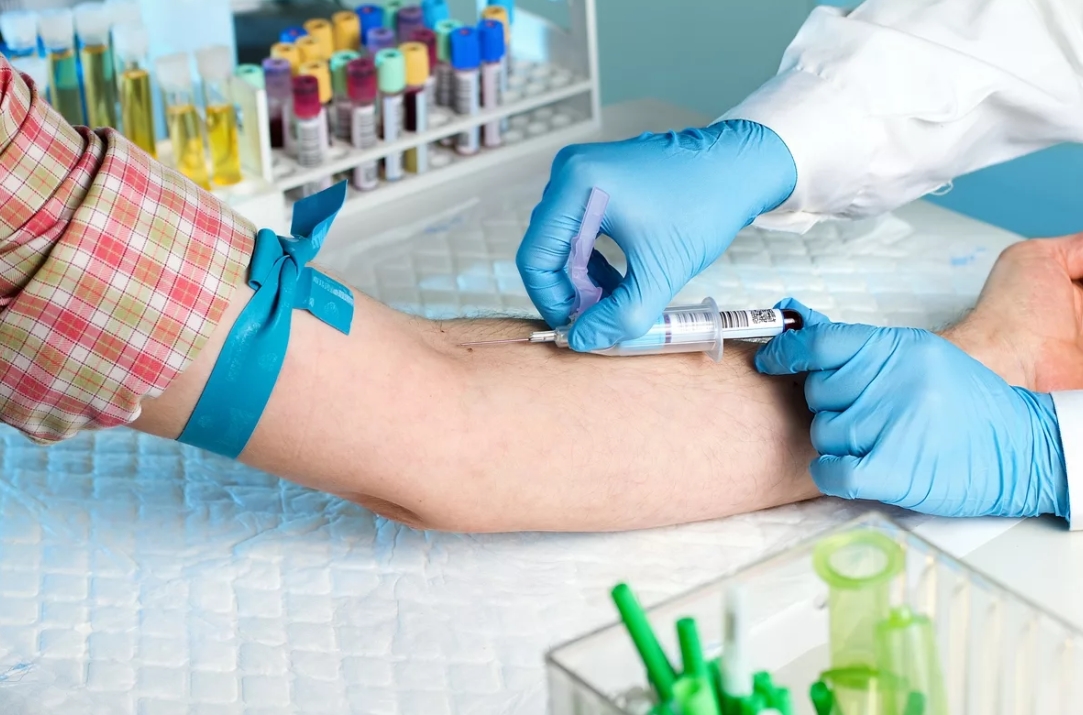Infertility laboratory test, infertility examination
Investigating female infertility is a complicated and complex task from a laboratory point of view (as well). It is necessary to examine ovary function, whether there is ovum maturation, what the quality of the ovum is, whether the fertilized ovum can be embedded in the uterus, whether the maternal immune system allows it, ensures the development of the embryo.
We compiled 4 laboratory packages around the problems of female infertility, which are recommended in case of failure of desired pregnancy, in case of recurrent early (1st trimester) miscarriages, or if the assisted reproductive procedure or the in vitro fertilisation program failed.
The packages include hormonal, blood clotting and immunological tests that can be linked to infertility.
What is infertility?
We speak of infertility if, without contraception, pregnancy does not occur within a year, even with regular sexual intercourse. About 15 to 20 percent of couples are considered infertile, but this rate can be significantly improved with medical help.
Hormonal causes of infertility
One of the major groups of female infertility is hormonal problems. The nature of the problem is due to the fact that ovulation does not take place, so fertilization is not possible either. Or if the female cycle is inadequate, there is no ovulation, or if the fertilized egg cannot be implanted in the second half of the cycle. The abnormalities may affect the function of the hypothalamus, pituitary gland, thyroid gland, ovaries, and adrenal cortex.
Ovulation disorders
Abnormal functioning of the ovulation-regulating area of the brain. As a result, luteinizing hormone (LH) and follicle stimulating hormone (FSH) levels are low. Very small abnormalities in the hormonal system also affect ovulation. Disorders of the hypothalamic-pituitary system can also be caused by injury, cancer, excessive exercise, hormonal and immunological abnormalities, and starvation.
Elevation of prolactin levels (hyperprolactinaemia)
The hormone prolactin stimulates the production of breast milk. If there is no pregnancy or breastfeeding, high prolactin levels affect ovulation. On one hand, an increase in prolactin levels may indicate cancer of the pituitary gland, and on the other hand, certain medications and stressful situations may also cause an increase. Milk production that occurs regardless of pregnancy or breast feeding may indicate high prolactin levels.
Development of polycystic ovary syndrome (PCOS)
In polycystic ovary syndrome, the body produces too many eggs and androgenic hormones, affecting ovulation. In this case, the follicles do not mature, but become a cyst filled with fluid. The menstrual cycle is upset, so follicular rupture is rare. After hormonal balance is restored, fertility can be restored as well. Ovarian cysts can occur in smaller numbers, but some of them are self-absorbed. In other cases, they can be removed by aspiration or laparoscopic surgery.
In addition to the lack of ovulation, in many cases, there is a disorder of sugar and fat metabolism, and patients are often overweight. However, the disease can be treated with hormone treatment or surgery with good results.

Female infertility - hormonal test package
The female infertility hormonal test package examines the hormonal background required for pregnancy on days 3 and 21 of the cycle.
- TSH
- Insulin resistance
- Female cycle dependent hormones (AMH, FSH, LH, testosterone, prolactin, oestradiol, progesterone). Sampling is performed on day 3 of the cycle and, for progesterone testing, on day 21 of the cycle.
Early menopause
Normally, menstruation stops occurring between the ages of 45 and 55. If the ovaries are exhausted early, menopause can occur before the age of 40. Although the underlying cause is often unknown, certain conditions have been linked to early menopause, including various immune diseases, radiation or chemotherapy, and smoking.
Causes of infertility of organic origin

Another large group of female infertility includes diseases that make fertilization or implantation mechanically impossible. These include congenital abnormalities of the vagina, uterus, and fallopian tubes (insufficient development of organs or deformities of form), which can usually be treated surgically.
Damage or blockage of the fallopian tubes
Damage to the fallopian tubes is mainly caused by an inflammatory disease (salpingitis). Most cases are caused by a sexually transmitted disease such as Chlamydia infection.
However, many positive patients with Chlamydia infection can become pregnant without further ado. Inflammation of the fallopian tubes often goes unnoticed but can often be accompanied by pain and fever.
Damage to the fallopian tube can be a significant barrier to conception because the fertilized egg cannot get through it to the uterus. Also, with the development of inflammation, the risk of ectopic pregnancy increases.
Endometriosis
Endometriosis is when the uterine tissue is embedded outside the uterus and begins to grow, affecting the function of the ovaries, uterus, and fallopian tubes. These embedded tissues respond normally to the hormonal cycle, grow, and then each month their mucous membranes are rejected with bleeding, parallel to the uterine mucosa. This process can lead to scarring and inflammation. Very often, pelvic pain and infertility also develop. Endometriosis can be cured with hormone therapy and surgery. Benign anatomical abnormalities of the uterus, such as fibroids or polyps, make it difficult for the embryo to adhere and be removed, but can be removed by surgery.
Benign fibroids of the uterine cavity
Fibroids are benign tumours that form in the wall of the uterus and very often develop over the age of 30 years. Sometimes they can cause infertility by blocking the fallopian tubes.
Pelvic coalescence
A pelvic coalescence is a large amount of scar tissue that forms around the pelvic organs. They occur primarily after pelvic inflammatory disease, appendicitis, abdominal or pelvic surgery. These scars result in coalescences between the walls of the organs.

Other factors causing infertility

Investigation of infertility coagulation disorders
The infertility coagulation package examines blood clotting abnormalities that can cause implantation disorders and premature miscarriages.
- Antithrombin III
- APC Resistance
- Factor II Prothrombin mutation
- Lupus anticoagulant
- Protein C and Protein S
- Homocysteine
- Anti-phospholipid
Blood clotting disorders
The tests look at hereditary and acquired abnormalities in blood clotting. For the fertilized egg to be implanted in the uterine mucosa and the placenta to form and function well, and for the foetus to develop properly, the normal amount and function of the factors tested are required.
Immunological problems
Vaginal secretion normally protects the uterus from various bacterial and fungal infections, but sometimes it also prevents sperm from entering or directly destroys them. An immunological cause may be a conflict of interest between the male and female members of the couple (alloimmune cause). The presence of autoantibodies that inhibit fertilization, implantation, and foetal development can cause infertility even without a woman’s autoimmune disease.
Chronic diseases
Not only the genitals, but other diseases of our bodies can make it difficult to have a baby. If a woman has a history of epilepsy, diabetes, high blood pressure, liver or kidney problems, cardiovascular disease, arthritis, it is difficult to get pregnant. In this case, the existing disease during pregnancy requires continuous monitoring.
Other diseases
Diseases associated with late puberty or delayed menstruation, e.g. Cushing’s syndrome, Addison’s disease, diabetes, vitamin deficiencies, iron deficiency, infections, HIV/AIDS can also affect women’s ability to conceive. Deficiency diseases due to gluten sensitivity also make it difficult to conceive.
Thyroid problems
Diseases of the thyroid gland (either hypothyroidism or hyperthyroidism) can upset the menstrual cycle, which can make it difficult to get pregnant or even lead to infertility.
Tumour and anti-tumour treatments
Some tumours, such as female urogenital tumours, often cause severe infertility. Both radiation and chemotherapy can affect a woman’s ability to reproduce. However, chemotherapy can damage reproduction and fertility in both women and men.
Medicines
Prolonged use of certain medications can lead to infertility. In most cases, infertility is resolved by stopping taking the drug.
Age
Over time, the muscles of the uterus age, the hormone sensitivity of the ovaries decreases, and the number of foetal abnormalities increases, making it more difficult to have a baby. As we age, the proportion of genetically damaged cells in gametes also increases,
- thus, the number of pregnancies ending in miscarriage increases over 30 years,
- by the age of 40-45, it is already reaching 30-35%.
Additionally, the number of congenital foetal disorders, such as Down syndrome, is also increasing.
Immunological examination of infertility
- anti-phospholipid
- anti TPO
- anti-TG
- ANA (Hep-2)
- ds-DNA
- tissue transglutaminase
Lifestyle
Since the maturation of an ovum takes 85 + 14 days (about 14 days before ovulation in a given cycle), the nearly 3 months before deciding to have a child are very important for the development of a healthy ovum. During this time, with a proper lifestyle, a woman can do a lot to improve her fertility.
Cellular immune status, NK cell ratio and NK function laboratory test
NK cells (NK = natural killer cells) play an essential role in preventing the development of tumours. Killing cells are capable of killing tumour cells.
In the case of a pregnant mother, if the NK cell ratio in the body is increased, or if we talk about increased NK function, it can be especially harmful to the foetus, and it can cause miscarriages, recurrent miscarriages and implantation disorders.
What is the purpose of the test?
The test helps identify the causes of infertility and miscarriage.
In which cases is it recommended to perform the test?
The test is recommended for patients who have had multiple miscarriages, apparently without any antecedent or reason. If there is no infertility problem, but the patient has a history of cancer, autoimmune disease, or chronic inflammation, it is also recommended that a cellular immune status and NK function test be performed.
What can the result indicate?
Elevated NK levels may indicate that miscarriages or failed pregnancies are due to high concentrations of killer cells in the body and increased function.
What to do after the test?
As the test is indicated due to an infertility test, always check the appointment of the blood count with your gynaecologist. Thus, the test alone is not enough to make an accurate diagnosis, so please see your doctor with the result.


The results of the infertility laboratory tests alone are not yet sufficient to make an accurate diagnosis. Our experienced gynaecologists and urologists are at your disposal for further examinations and treatments.
How do I prepare for the infertility laboratory tests?
Having an empty stomach is not required to perform an infertility test.
When is the result expected?
The results of the infertility laboratory tests are expected after the 7th working day following the test, except for the cellular immune status, NK cell ratio and NK function laboratory test, the results of which are completed after the 3rd working day following the test.
In the case of coagulation disorders causing infertility test, the time of the laboratory test is 20 working days.

